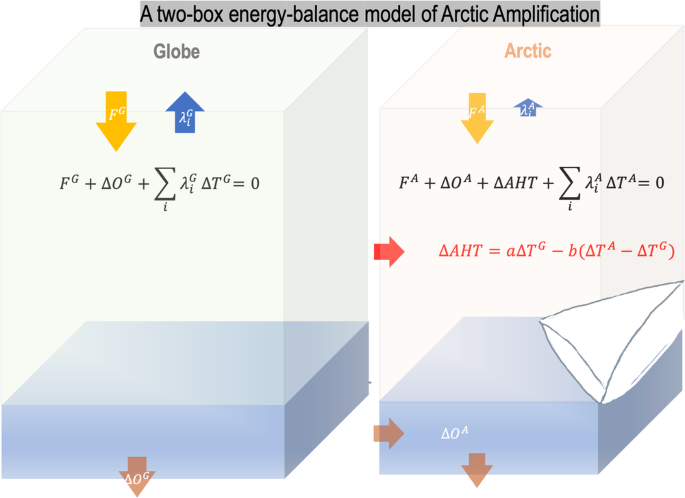2024-08-28 オークリッジ国立研究所(ORNL)
<関連情報>
- https://www.ornl.gov/news/study-seeks-unite-high-performance-computing-quantum-computing-science
- https://www.sciencedirect.com/science/article/pii/S0167739X24003583
科学的HPCエコシステムへの量子コンピューティングリソースの統合 Integrating quantum computing resources into scientific HPC ecosystems
Thomas Beck, Alessandro Baroni, Ryan Bennink, Gilles Buchs, Eduardo Antonio Coello Pérez, Markus Eisenbach, Rafael Ferreira da Silva, Muralikrishnan Gopalakrishnan Meena, Kalyan Gottiparthi, Peter Groszkowski, Travis S. Humble, Ryan Landfield, Ketan Maheshwari, Sarp Oral, Michael A. Sandoval, Amir Shehata, In-Saeng Suh, Christopher Zimmer
Future Generation Computer Systems Available online: 2 July 2024
DOI:https://doi.org/10.1016/j.future.2024.06.058

Highlights
- Introduces a hardware-agnostic QC/HPC framework.
- Enhances HPC with QC for complex workflows.
- Integrates user interfaces for QC–HPC collaboration.
- Software tools for QC–HPC integration.
Abstract
Quantum Computing (QC) offers significant potential to enhance scientific discovery in fields such as quantum chemistry, optimization, and artificial intelligence. Yet QC faces challenges due to the noisy intermediate-scale quantum era’s inherent external noise issues. This paper discusses the integration of QC as a computational accelerator within classical scientific high-performance computing (HPC) systems. By leveraging a broad spectrum of simulators and hardware technologies, we propose a hardware-agnostic framework for augmenting classical HPC with QC capabilities. Drawing on the HPC expertise of the Oak Ridge National Laboratory (ORNL) and the HPC lifecycle management of the Department of Energy (DOE), our approach focuses on the strategic incorporation of QC capabilities and acceleration into existing scientific HPC workflows. This includes detailed analyses, benchmarks, and code optimization driven by the needs of the DOE and ORNL missions. Our comprehensive framework integrates hardware, software, workflows, and user interfaces to foster a synergistic environment for quantum and classical computing research. This paper outlines plans to unlock new computational possibilities, driving forward scientific inquiry and innovation in a wide array of research domains.



